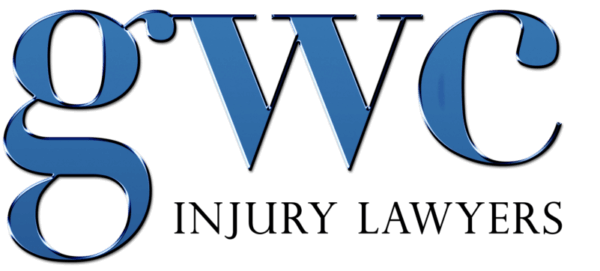Schedule aFREE
Consultation Today!

Illinois Minimum Wage Violations
Are You Being Paid Below Minimum Wage Guidelines?
Is your employer stealing your wages? Are you being paid below minimum wage guidelines? If so, you are a victim of wage theft, and that is illegal.
If you are not receiving all of your wages, act quickly because you may be entitled to back pay, interest, and penalties.
The lawyers at GWC Injury Lawyers hold employers who violate Illinois minimum wage guidelines accountable and work to help employees recover all of their unpaid wages.
We have obtained more than $2 Billion in settlements and verdicts on behalf of our clients.

We Win Cases
Illinois Minimum Wage Violations and Wage Theft
Our wage violation lawyers offer employees who don’t know where to turn free consultations. As union lawyers, we are committed to ensuring that employees throughout our state receive their deserved salaries.
Our employment law violation lawyers are passionate about ensuring that minimum wage violations do not go unpunished.
We are always available to discuss your potential minimum wage lawsuit.
In Illinois, employers are required to follow the rules in the Wage Payment and Collection Act, which details when, where, and how often wages must be paid to employees.
While the federal minimum wage violation for most employees is set at $7.25 per hour, in Illinois, the minimum wage for most employees is $8.25 per hour.
If an employee works 40 hours in a single work week, they are entitled to be paid for all of the hours they have worked at the state minimum wage level.
Any hours over 40 hours in a single week must be paid at 1.5 multiplied by the hourly rate.
Employers cannot deduct the cost of such tools and equipment from an employee’s minimum wage or they will be found in violation of the states minimum wage guidelines.
Employers cannot charge employees for:
- Tools
- Equipment
- Other equipment that benefits the employer
If your employer attempts to deduct the cost of equipment from your pay, you may need to speak with a wage theft lawyer.
Minimum Wage Violations and Tipped Workers
While restaurant workers, valets, and other tipped employees can be paid less than the state minimum wage, their tips must be enough to make up the difference between their paid wage and the state minimum.
In Illinois, tipped workers must be paid a minimum of $4.95 per hour. If the tips do not get the employee to the state minimum wage of $8.25, the employer must make up the difference.
Many employers violate Illinois minimum wage laws by pooling tips and stealing tips from employees who have earned them. Many industries have tipped employees, including:
- Bellhops
- Maids
- Restaurant workers
- Bartenders
- Newspaper delivery persons
If the tips are not enough to pay the employee the state minimum, by law the employer is required to make up the difference.
Employees Exempt from Minimum Wage
There are employees who are exempt from the minimum wage requirements, including:
- Some farm workers
- Employees who work with fewer than four co-employees
- Domestic workers
- Outside sales individuals
- Students with work study
- Camp counselors
Do not simply believe your employer if you are told that you are exempt and do not need to be paid minimum wage. Only an experienced minimum wage violation lawyer can determine whether your job title and your actual duties mean that you are exempt from the state’s minimum wage guidelines.
Recovering Unpaid Wages
When employers violate state wage laws, they are unlikely to be forthcoming with the evidence necessary to prove their wrongdoing. At GWC Injury Lawyers, our employment law attorneys advise workers to keep copies of payments, contracts, pay stubs, direct deposits, and any written notices.
Often, it is not until a minimum wage lawsuit is filed that employers take complaining employees seriously.
Employees who successfully demonstrate in a civil lawsuit that the employer violated the Wage Payment and Collection Act could be able to recover:
- All unpaid wages
- Damages of two percent of the unpaid wages
- Attorneys’ fees
In addition to the amounts that must be paid to employees, employers could also be subject to civil penalties imposed by the Illinois Department of Labor.